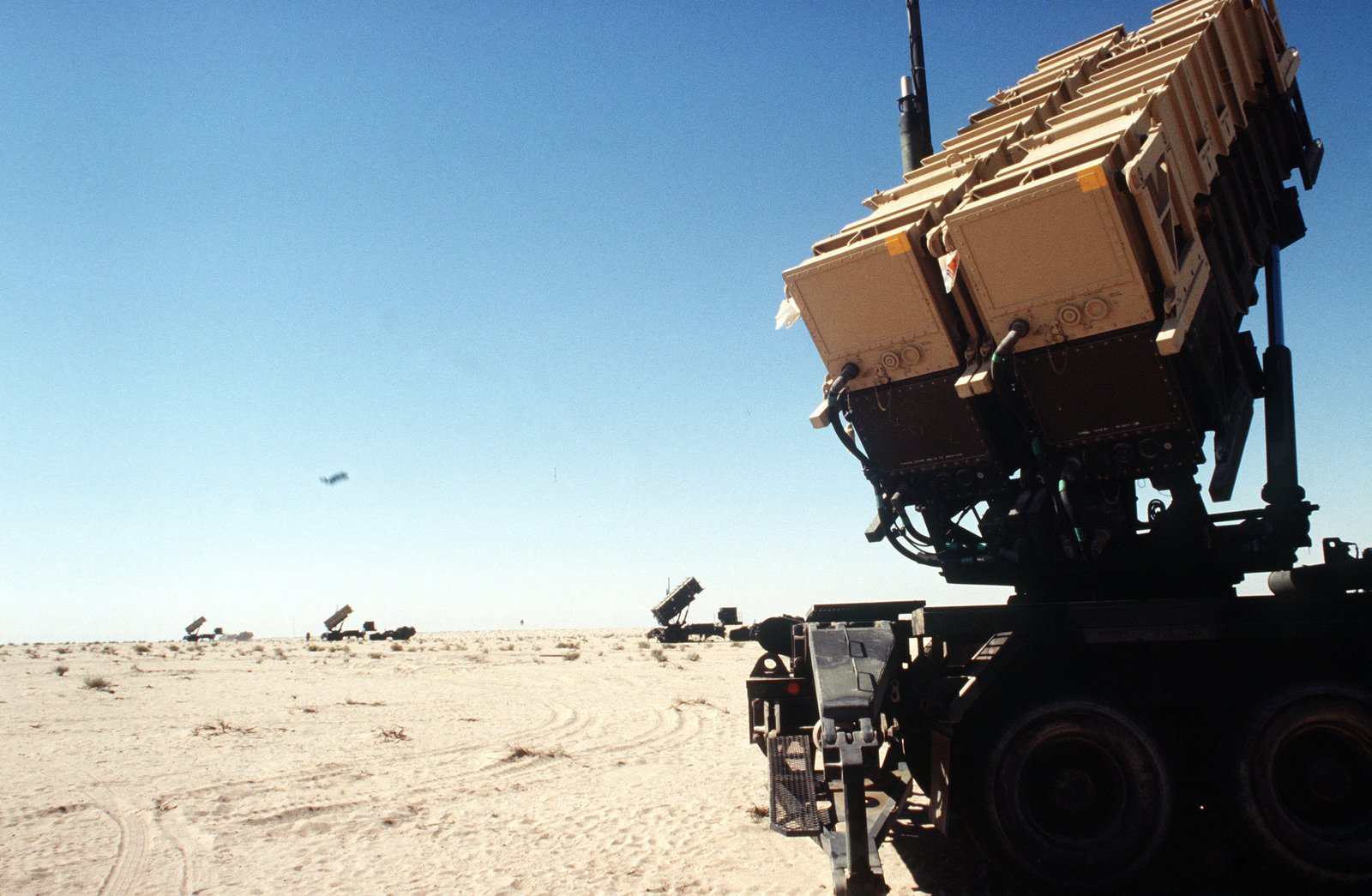It’s confirmed that the US has started removing its
state-of-the-art air defence system and the Patriotic missile batteries from
Saudi Arabia for reasons unknown to the rest of world, leaving the move open to
various interpretations.
Saudi Arabia has been under attack by Houthis from
neighbouring Yemen for the past few years. The Iran-backed rebels have been
increasing the sophistication of the explosive-laden drones and missile in
recent months, sending them across the border at an exponential rate.
The air defence system provided the Kingdom with a
reasonable protection against the projectiles, which were targeting Saudi
assets ranging from airports to oil fields at heightended frequency. A very recent attack resulted in
civilian casualties; in the past, there had been fatalities.
In this context, the removal of batteries when the
Saudis are under attack is like taking the crutches away from a man who
struggles to move from point A to point B, carrying his own weight as his
biggest burden.
When the news about the removal of the air defence
system first came to light during this week, those who couldn’t believe it put
a feeble spin on it by saying it was purely for ‘routine maintenance purposes’.
That notion, however, was debunked by none other
than someone close to the ruling Saudi royal family, Prince Turki al-Faisal,
the Kingdom's former intelligence chief.
In an interview with the CNBC the prince said: "I
think we need to be reassured about American commitment”, while adding, “that
looks like, for example, not withdrawing Patriot missiles from Saudi Arabia at
a time when Saudi Arabia is the victim of missile attacks and drone attacks —
not just from Yemen, but from Iran."
The first indication that the US-Saudi relations has
taken a turn for the worse came to light, when the scheduled meeting between Lloyd Austin, the Defence Secretary and his Saudi counterpart was abruptly
cancelled this week. Neither side accounted for the decision.
The Saudis suffered in the face of missile and drone
attacks when the air defence system had been in place with its full power. We
can just imagine the inevitable impact on Saudi installation in the absence of
it, in the coming weeks or months, when Houthis ramp up the attacks.
The unprecedented development is going to cause one
thing for sure – the disruption of the crude oil supply to the world. There are
plenty of uncertainties in the markets and when the Kingdom is forced to fight on
its own to keep the threat at bay, conditions just perpetuate the uncertainties
with far reaching global consequences.
It is no secret that the Biden Administration and
Saudis do not see eye to eye on many issues. Military analysts, however, never
saw this was coming.
Some even attribute the acceleration of the withdrawal of the air defence system to the OPEC+ refusal to increase the output, when the US requested to do so. Since
Saudi Arabia is the de facto leader that pulls the strings in the cartel, there
may be some truth in it.
Of course, firing patriotic missile to destroy
oncoming drones or missile is not a cheap exercise; on the contrary, it is
expensive with each costing over $3million in order to shoot down a drone that
may be worth just $200. In the absence of an alternative, Saudis do not have a
choice when it comes to keeping them at bay.
As for the crude oil markets, analyst will take into
account the Houthi attacks on Saudi Arabia much more seriously than they did in
the past as it has potential to disrupt the supply at any given moment.







